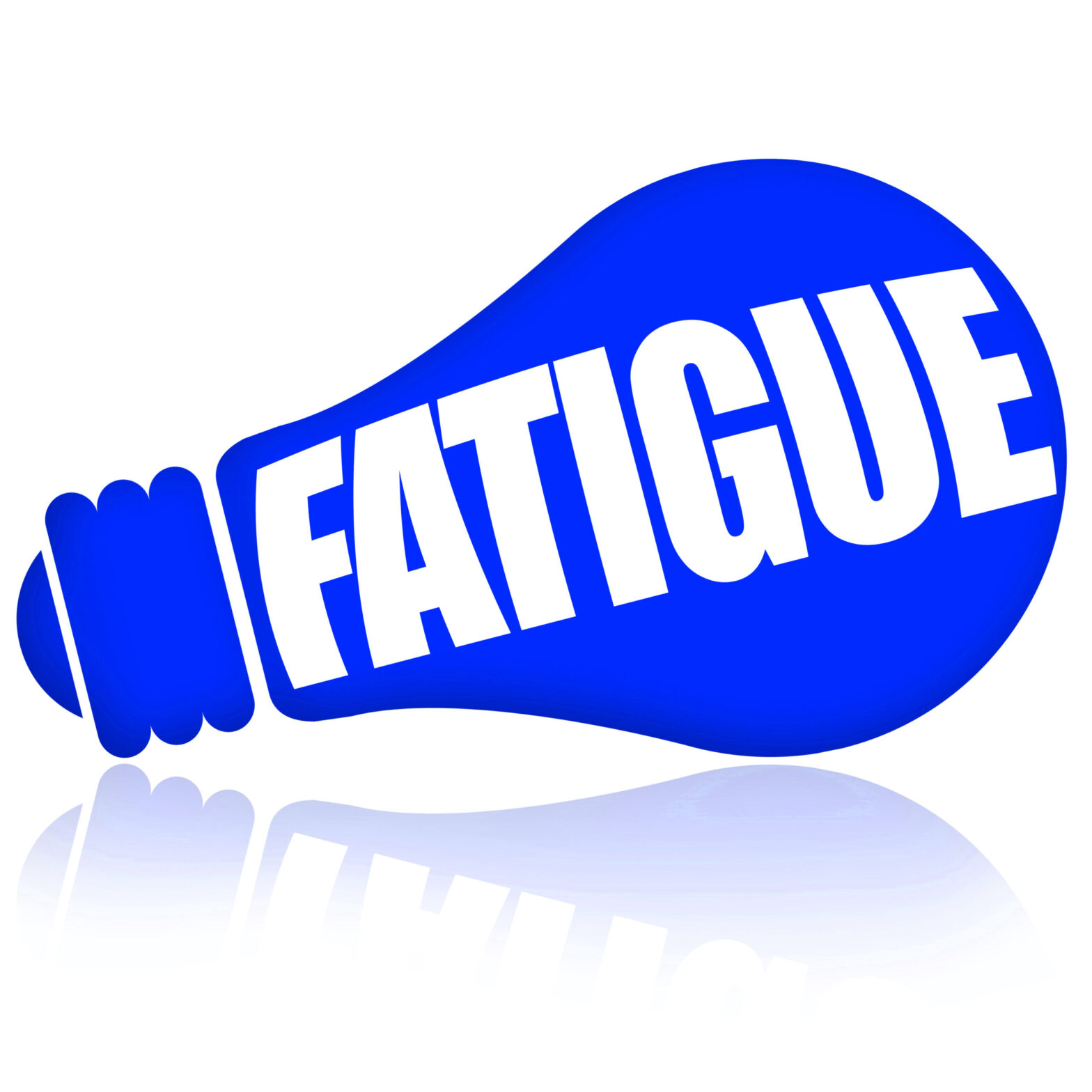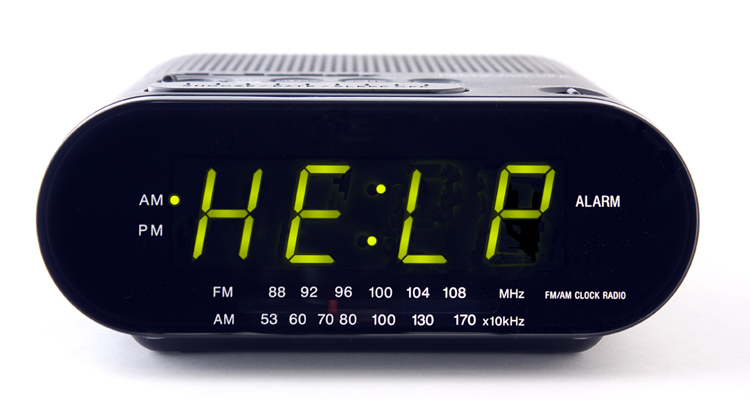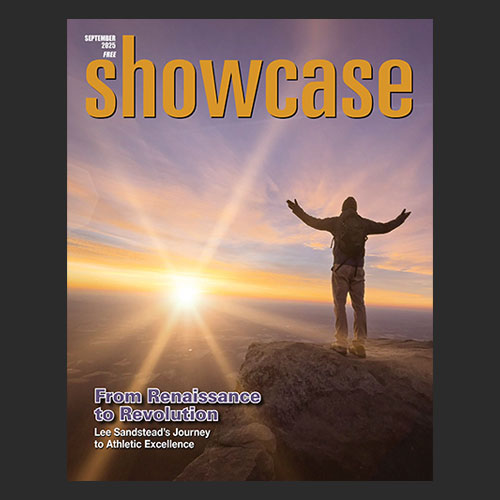The term fatigue is looped in with “tiredness” which everyone experiences. A good night’s sleep usually refreshes the body. But fatigue is a lack of energy not relieved by sleep. Fatigue can be hampering, preventing you from functioning normally.
One of the most common side-effects of cancer and cancer treatment is fatigue. It’s unpredictable, and not associated with any specific cancer, treatment, or stage of illness. Cancer fatigue has been described as paralyzing and can appear suddenly. It has no association with activities or exertion. It’s just a constant feeling of exhaustion that cannot be relieved by rest or sleep.
While the exact reason of cancer fatigue remains unknown it is commonly associated with the following treatments.
• Chemotherapy – Fatigue can appear after several weeks of treatment. For some it lasts a few days, but it can remain throughout treatment. And in some cases return after treatment is complete.
• Radiation Therapy – With radiation, fatigue can increase over a period of time. It usually lasts for up to four weeks after treatment is complete, but can continue for as long as three months after.
• Combination Therapy – Using a combination of treatments, for example, chemotherapy coupled with radiation therapy, increases the chances of fatigue.
• Bone Marrow Transplant – Can cause fatigue that lasts up to one year.
Nutrition also factors into cancer fatigue. Cancer cells rob normal cells of nutrients. Side-effects from treatments can also inhibit the body from proper nutrition. Maintaining a healthy diet can make you feel better and increase your energy levels. Seeking guidance from a dietitian can be beneficial. A dietitian can help create a balanced meal plan that ensures you sustain good nutrition.
Stress can exacerbate fatigue. Stress will be plentiful during treatment. Finding ways to ease or eliminate stress altogether will go a long way to containing fatigue. Many times fatigue leads to depression or vice versa. Figure out what is causing the feelings of depression. Once you determine what is causing the depression sort through those feelings to get a better understanding of why you’re depressed. If you were depressed before your diagnosis, you may need to talk to your doctor about treatment for the depression.
Not being able to pinpoint an exact cause of cancer fatigue can seem like it’s an unbeatable foe. But there are ways to fight it. The first thing you should do is keep a journal. You only need to do this for one week. Log the times of the day you are most fatigued and the times that you have the most energy. From that point you can start to deduce the contributing factors. Be aware of the signs that accompany your fatigue and prepare for it. Energy conservation is one of the best tools in combating fatigue. Make a chart of your activities in prioritizing order. If your tasks seem overwhelming delegate certain things to other family members. Limit work that increases muscle tension or that requires you to reach over your head. Pace yourself and utilize proper body mechanics. Be sure to schedule rest. Finding a harmonious balance between work and rest is what you should strive for and know the warning signs of overdoing it. Rest before it comes to that.
Be aware of changes in the environment that can lead to fatigue. Stay away from long, hot showers or baths. Refrain from places that have smoke or harmful fumes. Steer clear of extreme temperature changes.
Exercise can make a huge impact on your levels of energy. A decrease in physical activity can lead to lower energy which can result in fatigue. At the same time, doing too much can tire you out. It may take a little trial and error, but you will find a routine that keeps you active without completely draining you.
Fatigue is common in cancer patients. But that doesn’t mean that you shouldn’t discuss it with your doctor. Fatigue can be a clue to another underlying medical problem. There may be treatments available to help control fatigue. Your doctor may have some suggestions to alleviate fatigue that pertain specifically to you. Dr. Bill Gai of Danville Hematology and Oncology says, “From the initial visit, through treatment and recovery, our staff is always ready to listen to our patients’ needs and concerns.”
Cancer is scary; there is no doubt about that. Understanding how it works, who is at risk, the warning signs, and prevention tips can help you face the fear. Some cancers are completely preventable. As a general rule Dr. Gai says, “Practice a healthy, balanced diet, exercise regularly, avoid smoking, and be happy.”
Ways to Lower Stress with Cancer Fatigue
• Diversion. Find activities that steer your mind away from the fatigue
• Relax. Practice breathing techniques or just lose yourself in an audiobook.
• Help others to understand what you are going through and how to support you.
• Adjust your expectations. We all like to aim high, but sometimes it’s better to accomplish four things and be proud than to think of the six things you didn’t get to.
Dr. Q. Bill Gai is Board Certified in Hematology, Oncology, and Internal Medicine. He practices at Danville Hematology and Oncology, 125 Executive Dr, Suite J, Danville, Virginia – 434.791.1345.









